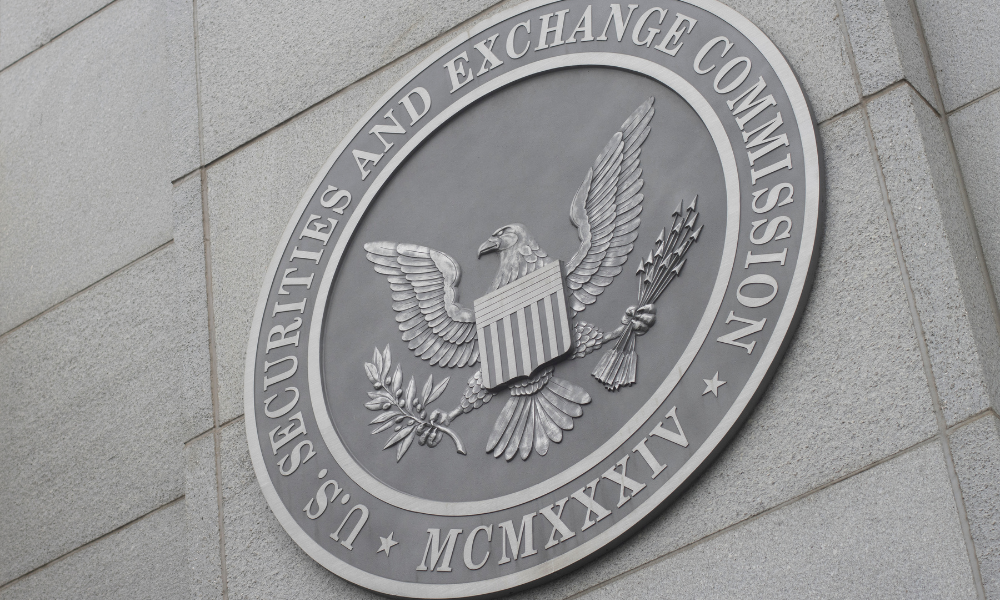

Reverend Father Emmanuel Lemelson, who manages The Spruce Peak Fund, LP, has failed to block a follow-on enforcement action by the Securities and Exchange Commission that could bar him from the securities industry.
On May 27, 2025, U.S. District Judge Sparkle L. Sooknanan ruled against Lemelson’s constitutional challenge, dismissing all five of his claims and allowing the SEC to proceed with its administrative proceeding.
The SEC had previously sued Lemelson in 2018 in the United States District Court for the District of Massachusetts, after a pharmaceutical company complained in 2014 about his public criticism. The agency accused him of market manipulation and other misconduct under federal antifraud provisions.
Although the SEC secured only limited success with a jury, the district court entered a final judgment enjoining Lemelson from violating Section 10(b) of the Securities Exchange Act and Rule 10b-5 for five years, and ordered him to pay a $160,000 civil penalty.
The SEC later initiated an in-house administrative proceeding to determine whether Lemelson should be barred from the investment industry, using the injunction as the legal basis under Section 203(f) of the Investment Advisers Act of 1940.
In December 2024, Lemelson filed a lawsuit in the District of Columbia, arguing that the follow-on proceeding violated his constitutional rights. His five claims included denial of due process, violation of Article III judicial power, deprivation of a jury trial under the Seventh Amendment, unlawful removal protections for administrative law judges under Article II, and a res judicata challenge based on the prior federal court judgment.
Judge Sooknanan dismissed two claims (jury trial and res judicata) for lack of jurisdiction under Rule 12(b)(1), finding that Congress had directed such matters to the SEC’s administrative process and appellate review. The remaining three claims (due process, Article III, and Article II) were dismissed under Rule 12(b)(6) for failure to state a claim.
The judge relied on binding precedent, including Blinder, Robinson & Co. v. SEC, and found that Lemelson’s challenge to the lack of a jury trial could be addressed later through appellate review. The court also rejected his claim that SEC administrative judges were unconstitutionally protected from removal, noting that Lemelson had not alleged any specific harm under Collins v. Yellen.
The ruling is final at the district court level and does not bar Lemelson from seeking appellate review

Some in the industry say that more UBS financial advisors this year will be heading for the exits.

The Wall Street giant has blasted data middlemen as digital freeloaders, but tech firms and consumer advocates are pushing back.

Research reveals a 4% year-on-year increase in expenses that one in five Americans, including one-quarter of Gen Xers, say they have not planned for.

Raymond James also lured another ex-Edward Jones advisor in South Carolina, while LPL welcomed a mother-and-son team from Edward Jones and Thrivent.

MyVest and Vestmark have also unveiled strategic partnerships aimed at helping advisors and RIAs bring personalization to more clients.
Orion's Tom Wilson on delivering coordinated, high-touch service in a world where returns alone no longer set you apart.
Barely a decade old, registered index-linked annuities have quickly surged in popularity, thanks to their unique blend of protection and growth potential—an appealing option for investors looking to chart a steadier course through today's choppy market waters, says Myles Lambert, Brighthouse Financial.
